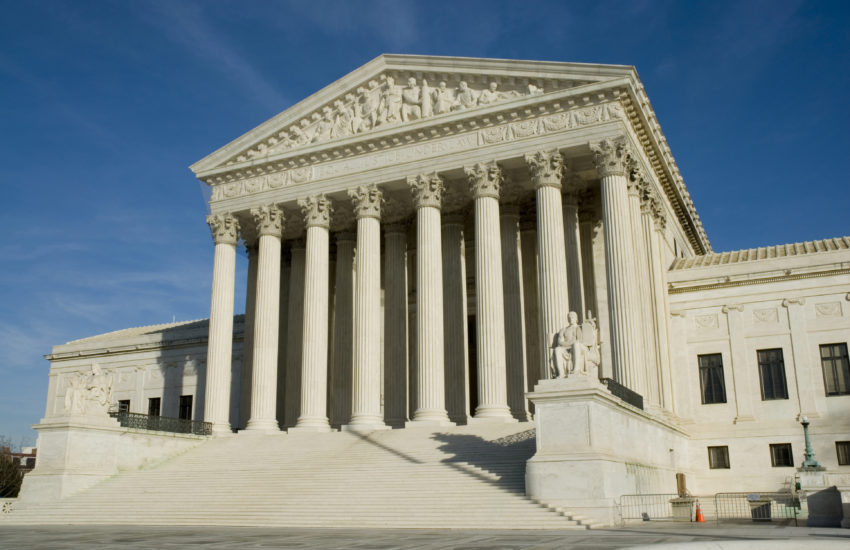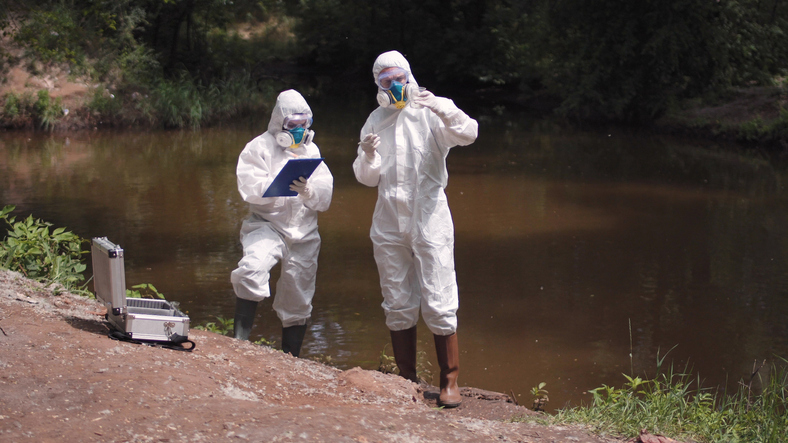The state of California continued its crusade against the Trump Administration this month, filing a lawsuit against the U.S. EPA, challenging the agency’s replacement for the defunct 2015 Waters of the United States Rule (WOTUS). Sixteen other states joined the lawsuit, which was filed in the Northern District of California. The Army Corps of Engineers (ACE) was also named as a defendant in the lawsuit.
The definition of “Waters of the United States” (WOTUS) as used in the Clean Water Act has been disputed for …
Continue Reading









